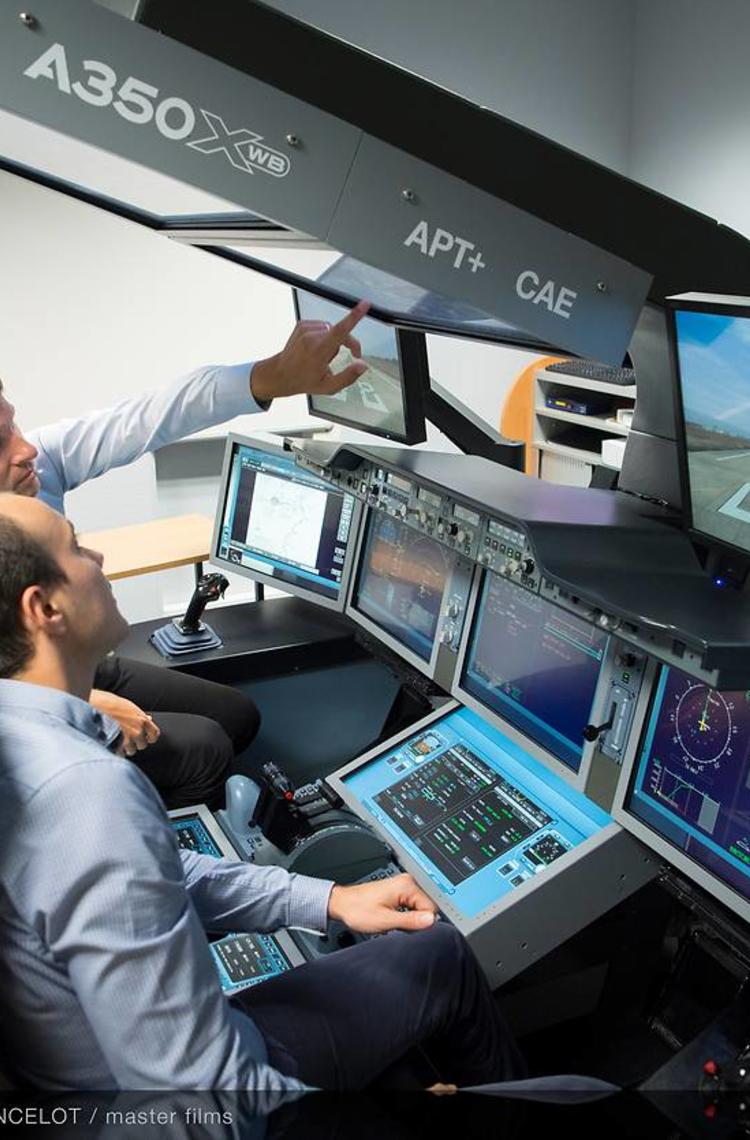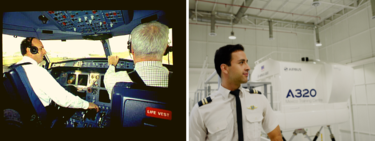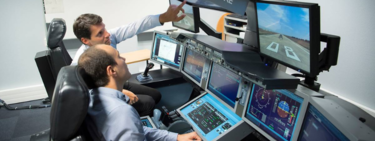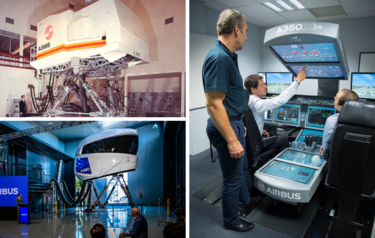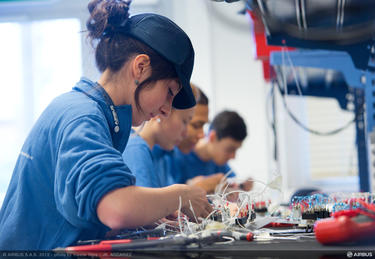For five decades, Airbus has been adapting and innovating to provide world-class training to thousands of pilots and mechanics around the world.
Recently, Airbus presented a new concept in recurrent pilot training: Evidence-Based Training (EBT). This solution is one of the latest examples of Airbus' 50 years of adaptation and innovation in the training sector.
Airbus recognised early on the need for pilots and maintenance personnel to continually develop the skills they need to operate its technologically innovative aircraft. In December 1972, the company and its partner FSI founded the GIE Aeroformation, which became Airbus Training in 1994.
Led by Jean Pinet, a test pilot who contributed to the development of Concorde, Aeroformation defined and implemented original training methods for the supersonic aircraft’s crews as well as Airbus Family aircraft, from the A300 to the A340 and A320.
During the early 1970s, when the importance of training as a factor in safety and operational efficiency was becoming apparent, Aeroformation defined three fundamental training principles: teaching the ‘need to know’ - ‘learning by doing’ - ‘teaching to proficiency’. These principles have endured to the present day. Enriched by other developments, such as adapting each programme to the level of the trainees, from 1987 onwards, Airbus training is now globally-recognised as best-in-class.
Aeronautical training requires regular updating and adaptation. Aeroformation, and later Airbus Training, have constantly improved their teaching methods. The computerisation of the Toulouse Training Centre in 1980, the advent of Computer Based Training and the introduction of laptop PCs the same year, followed by the innovation and integration of Video And Computer Based Instruction (VACBI), starting with the A310, were all important steps.
The use of simulators was first initiated with a mock-up of model scenery and moving cameras, to eventually become the full flight simulator with motion that we know today. Aeroformation saw the number of its full flight simulators increase from one to six between 1974 and 1994. Today Airbus Training has 43 simulators in its worldwide network. At the same time, other trainee communities such as flight attendants and aircraft maintenance specialists have also been able to benefit from simulator-based training adapted to all Airbus programmes.
The Airbus Flight Training Reference, created in 2015, marked the beginning of a redesign of the different training programmes into a single, global programme. Later, in 2019 saw the launch of an 'ab initio' programme for student pilots. For the first time, Airbus had created a training programme spanning the entire flying curriculum, from absolute beginners to Air Operations (Ops) training. Since 2016, Maintenance Training has been developed in line with this concept, in conjunction with schools and universities to better prepare future maintenance technicians and engineers.
For several years now, digitalisation, virtual reality, holograms and augmented reality have been investigated and developed into training systems, whenever their use can bring added value. "Our objective remains to optimise efficiency, quality and the overall training experience," emphasises Maïa Kuilenberg, Head of Airbus Training.
The deployment of these technologies was accelerated by the Covid-19 crisis. Airbus Training had to implement remote solutions to continue its mission, when physical contact was no longer possible.
Airbus Training has developed its global presence to meet the needs of its customers. 14 training centres compose the network, including Miami – opened in 1985 – and Beijing – opened in 1993 – as well as two flight schools and 5 maintenance training partners.
In the years to come, Airbus Training will continue to pursue a stronger global presence and further remote solutions. Its objective is to expand its network and partnerships in order to spread the 'Airbus Training Reference' philosophy, which guarantees the quality of Airbus training, always at the service of its trainees.
Your media contacts
Contact us
Heiko Stolzke
External Communications - Airbus Commercial Aircraft
Latest news
Continue Reading
Airbus Avionics deploys a unique logistics centre dedicated to radomes
Web Story
Services
Airbus Avionics is proud to announce the opening of its brand-new Radome Logistics Hub, strategically located in Tremblay-en-France.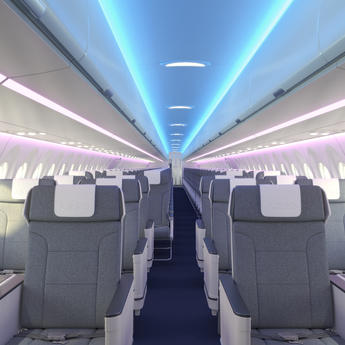
The passenger-favourite A220 gets an Airspace cabin
Web Story
Aircraft
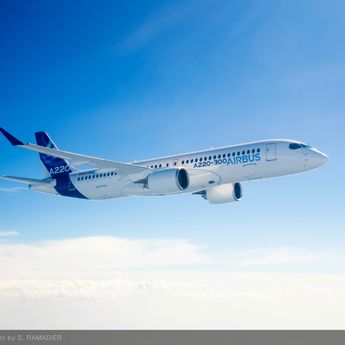
A suite of comprehensive services to keep the A220 flying
Web Story
Aircraft
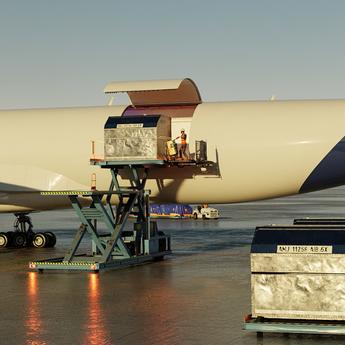
A350F: what makes the world's largest main-deck cargo door a special one...
Web Story
Aircraft
Airbus confirms Hughes as an additional provider of LEO and GEO services for HBCplus
Web Story
Services
